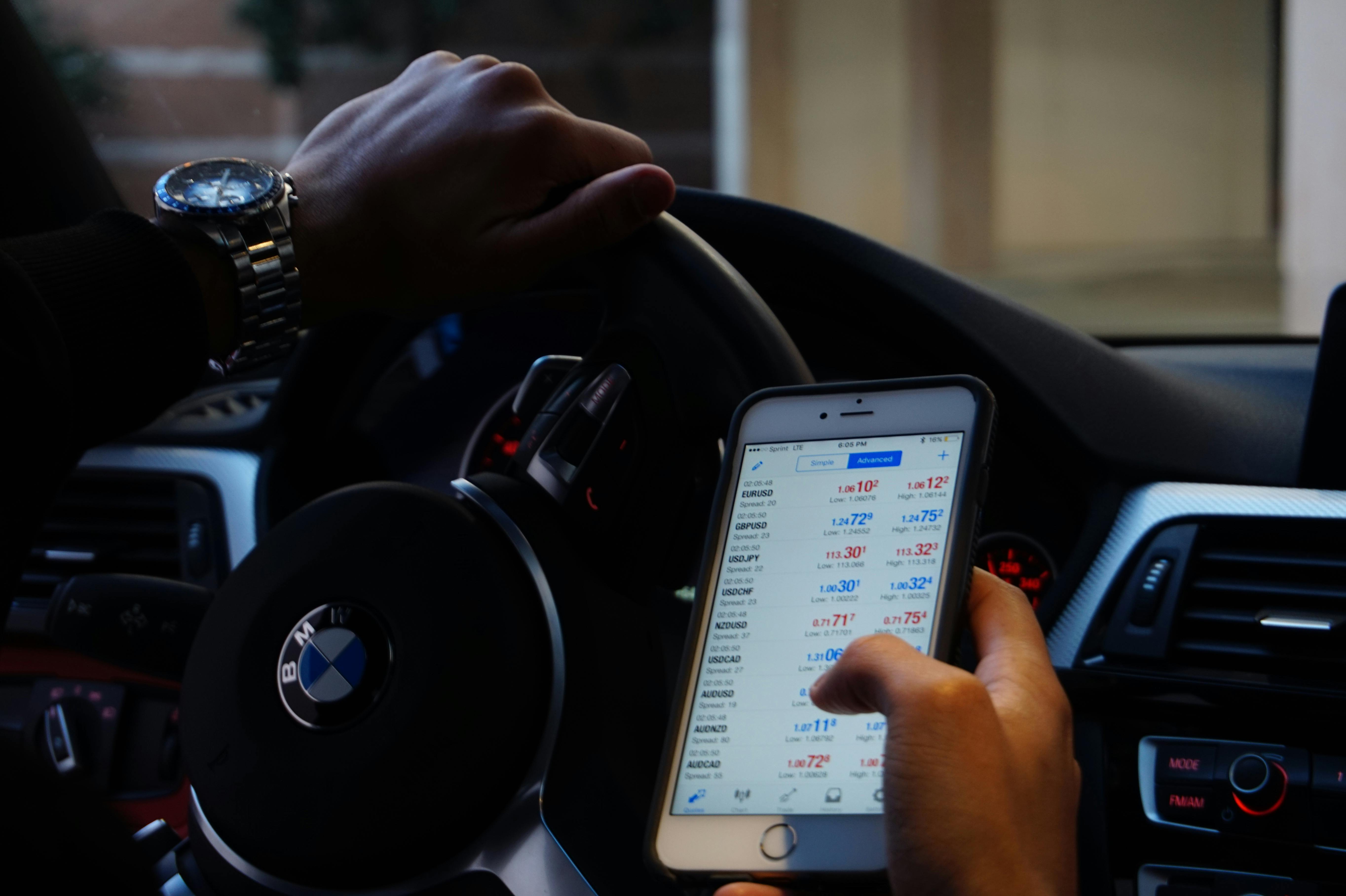What is Low Spread in Forex Trading?
The low spread in foreign exchange trading refers to the difference between the bid and ask prices. It is a commonly used term by forex brokers, especially those looking to attract new traders. However, it is not that straightforward as it seems. Understanding the meaning of low spread in forex trading will help you understand how much you’ll pay for every pip or point that you trade. The spread determines whether a broker is suitable for you or not and can also be an important factor if you’re thinking of becoming a market maker yourself and opening your own FX brokerage one day. Read on to learn more about this topic and what factors affect spread in forex trading.

What Is Forex Spread?
The spread in forex trading is the difference between the bid and ask prices. The bid price is the price at which a market maker will buy the currency and the ask price is the price at which a market maker will sell it. The spread is always expressed in pips.
For example, if the bid price is 1.3650 and the ask price is 1.3651, then the spread is one pip. The difference between the bid and ask prices is called the spread. The bid-ask spread is one of the costs of trading forex. The amount of the spread depends on market conditions.
The spread is the difference between the buy and sell price. This difference is what the broker takes as profit. If the bid-ask spread is low, then you pay less for your trade. That’s why forex brokers advertise low spread.
## Forex Quote and Spread
A forex quote is the price of one unit of a currency. When you buy or sell a currency, you’re trading one unit of that currency for another. A currency quote is usually in the format of XXX/YYY, where XXX is the bid price and YYY is the ask price.
A quote is split into two parts – the bid price and the ask price. The bid price is the price that a market maker will buy the currency at. The ask price is the price at which a market maker will sell the currency. The difference between these two is the spread. The spread is what the broker earns as profit. It’s also an important factor in determining whether to trade with a certain broker.
How to Calculate the Forex Spread?
When you’re trading forex, you’ll usually see a quote like 1.3651/1.3651. The first number represents the bid price – the price at which a market maker will buy the currency. The second number represents the ask price – the price at which a market maker will sell the currency. The difference between the bid and ask prices is the spread, usually expressed in pips. The spread is what you pay the broker for executing your trade. The spread is usually a percentage of the trade amount. The more you trade, the lower the percentage.
If you’re trading with a $10,000 account and the spread is 0.2%, then the spread is $20. This amount gets added to the total amount of your trade. In our example, you’d be trading $10,020.
Why Is There a Forex Spread?
The spread in forex trading is the difference between the bid and ask prices. The aim of the spread is to make money for the broker so they can continue to offer trading services. The spread is the broker’s profit and it’s also a measure of market liquidity. A liquid market has lots of buy and sell orders and a narrow spread. A less liquid market has few orders, which will widen the spread.
A wide spread could be because there aren’t enough buyers or sellers at the moment. The market will be more competitive when there’s a narrow spread and the price will likely be lower.
Things That Affect The Forex Spread
If you want to trade with a broker who offers a low spread, there are a few things you should keep in mind. If you’re trading at a time when there are fewer people trading, the spread will widen.
If you want to trade with a broker who offers a low spread, there are a few things you should keep in mind. If you’re trading at a time when there are fewer people trading, the spread will widen.
The risk associated with a trade also affects the spread. If you’re trading with a high amount of leverage and the risk associated with the trade is high, the spread will widen. The time of day and day of the week also affects the spread. The spread will typically be lower at off-peak hours, such as weekends and evenings.
Recommended Brokers with Low Spread
If you’re looking for a low-spread broker in forex trading, you need to be careful. Some brokers advertise low spreads but they’re only applicable to certain traders. If you’re new to forex trading, you may not qualify for a low spread.
Here are a few brokers you should keep in mind.
The spreads on these brokers’ forex trading products are generally very low. All of them are regulated.
Conclusion
The low spread in forex trading refers to the difference between the bid and ask prices. The spread is what the broker earns as profit and it’s also a measure of market liquidity. The spread is also determined by the amount you’re trading, the risk associated with the trade, and the time of day. Choosing a broker with a low spread can greatly reduce your trading costs.
Do you know the Best Forex Market Hours in the UK? and WHAT IS THE BEST TIME TO TRADE FOREX IN USA?

